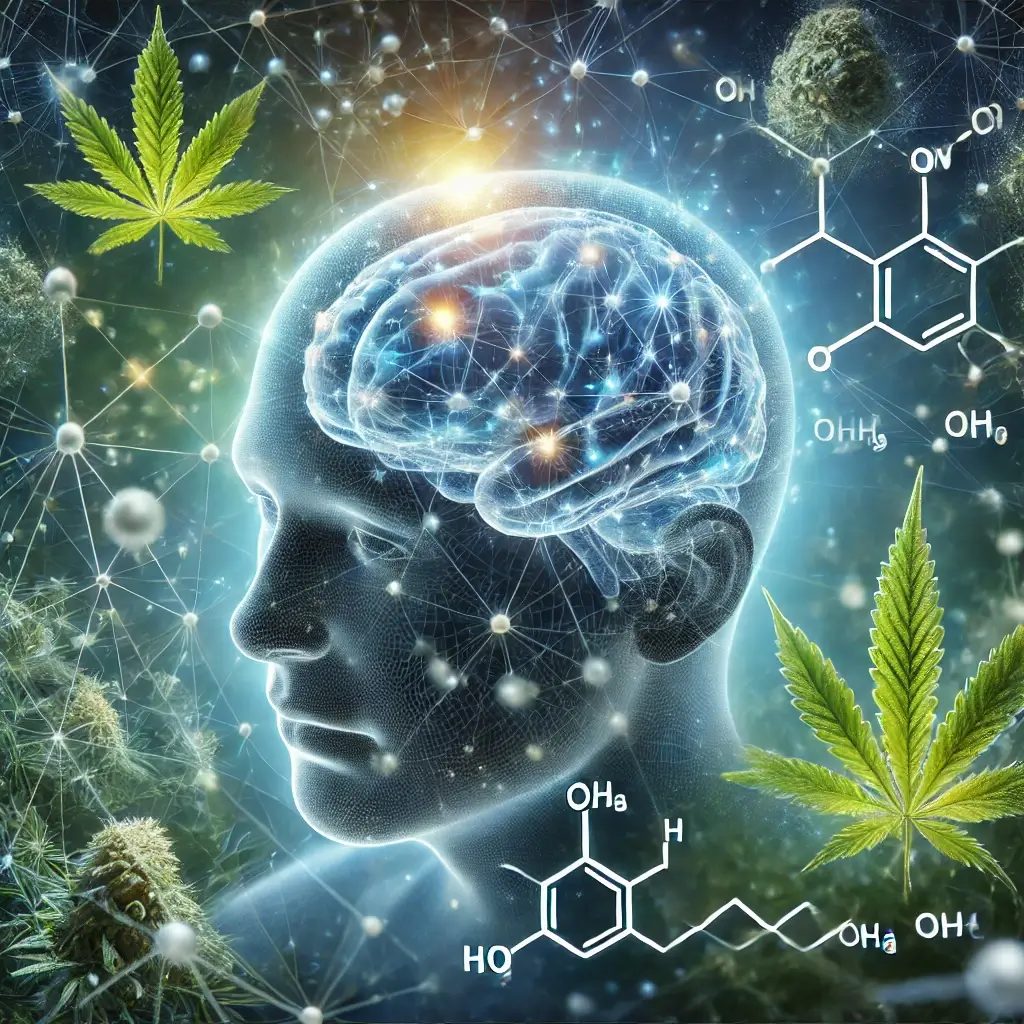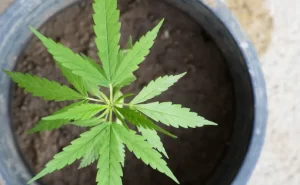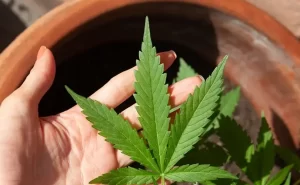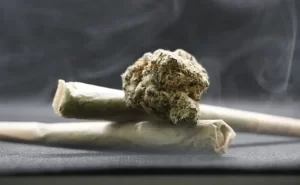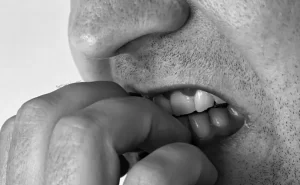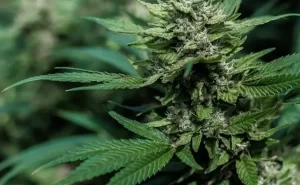Cannabis Treatment for Autism
Autism spectrum disorder (ASD) is a complex condition, and studies on cannabis as a treatment for autism are still in their early phases. While some anecdotal reports indicate benefits, insufficient scientific evidence exists to make a definitive recommendation.
Here’s a breakdown of the present situation:
Potential benefits:
Limited research suggests that cannabis may help with some ASD symptoms, such as anxiety, aggression, repetitive behaviors, sleep issues, and hyperactivity.
Important considerations:
Lack of good evidence: More study, particularly large-scale clinical trials, is required to establish any possible benefits and discover the most effective method of using cannabis for ASD.
Safety concerns: The long-term effects of cannabis, particularly on the developing brain, remain largely unknown and the topic of continuing scientific investigation. While some studies have identified potential hazards, such as reduced cognitive function and an increased risk of mental health problems, the overall picture is complex and varied.
The impact of cannabis usage varies greatly based on factors such as age at first use, frequency and length of use, and individual genetic and physiological variances.
During this critical phase, the brain is extremely sensitive to external effects, and exposure to psychoactive substances.
Researchers are particularly concerned about cannabis’ possible effects on adolescent brains, which continue to develop and mature well into their mid-20s. During this critical phase, the brain is extremely sensitive to external effects, and exposure to psychoactive substances such as cannabis may impair important neurological processes.
However, the magnitude of these effects and their long-term consequences are not yet fully established.
Ongoing longitudinal studies seek to provide more conclusive answers. Still, the research remains difficult due to the intricate interplay of biological, psychological, and social components.
As policymakers and the general public struggle with the changing legal and social landscape of cannabis, a deeper knowledge of its long-term effects, particularly on vulnerable populations, is critical for informing evidence-based decision-making and public health policies.
Dosage and type: There is no clear recommendation for the best dosage or type of cannabis product for ASD treatment.
Not for everyone: Cannabis may not be appropriate for all people with ASD and may exacerbate some symptoms.
Alternatives to explore:
Established therapies, such as behavioral interventions and medicines, have proven beneficial in treating ASD symptoms.
Remember to be cautious and emphasize the safety and well-being of the person with ASD.
Consult a Doctor:
Suppose you are thinking about using cannabis as a treatment for someone with ASD. In that case, you should consult with a certified healthcare provider who is experienced with both ASD and medicinal cannabis.
They can help you balance the potential benefits and hazards based on the individual’s requirements.
Here are a few resources for more information:
Autism Science Foundation website: https://autismsciencefoundation.org/position-statements
National Institute of Drug Abuse: https://www.verywellhealth.com/cbd-oil-for-autism-4685025
Remember to be cautious and emphasize the safety and well-being of the person with ASD.



